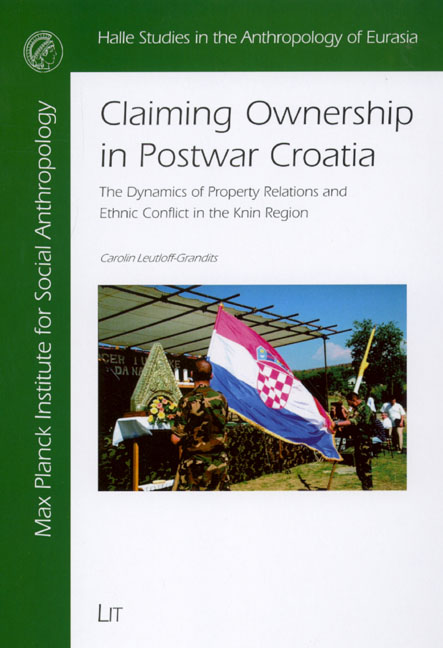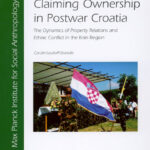Beschreibung
The book analyses inter-group relations in a war-torn region of postsocialist Croatia which previously had a large Serbian population. The focus is on the legitimising discourses, structures and agencies which regulate access to houses and land. It explores the role of ethnicity and locality in everyday life and in politics and shows that the views of Knin Croats often diverge from those of recent Croatian immigrants. The study contributes to theories of conflict and reconciliation as well as to the anthropology of postsocialism and legal anthropology.


 Download
Download 